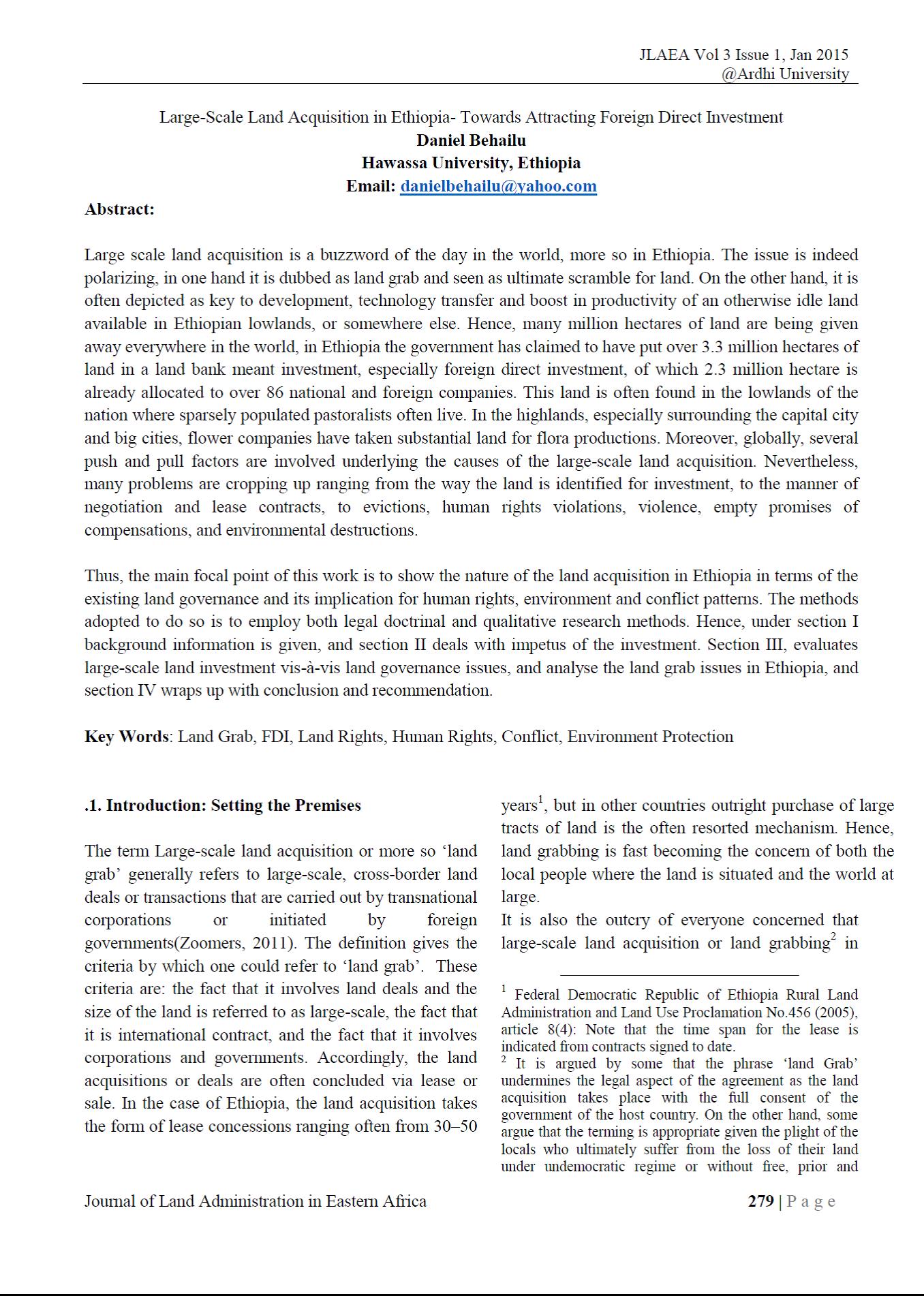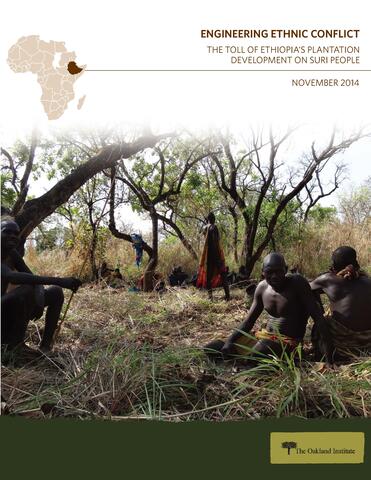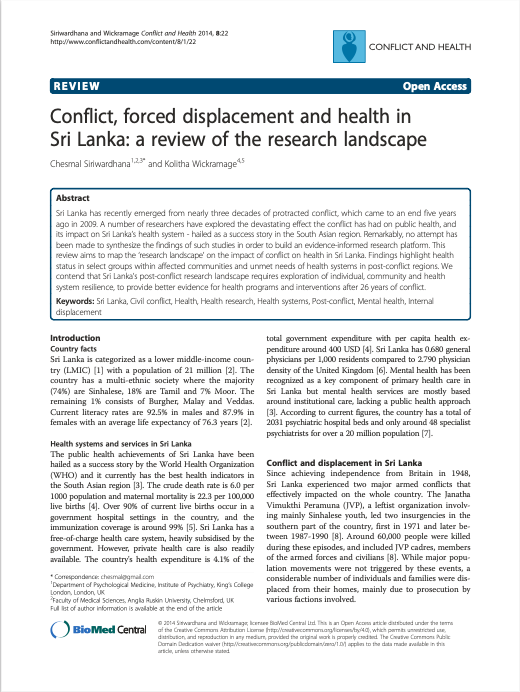Large-Scale Land Acquisition in Ethiopia- Towards Attracting Foreign Direct Investment
Large scale land acquisition is a buzzword of the day in the world, more so in Ethiopia. The issue is indeed polarizing, in one hand it is dubbed as land grab and seen as ultimate scramble for land. On the other hand, it is often depicted as key to development, technology transfer and boost in productivity of an otherwise idle land available in Ethiopian lowlands, or somewhere else.







